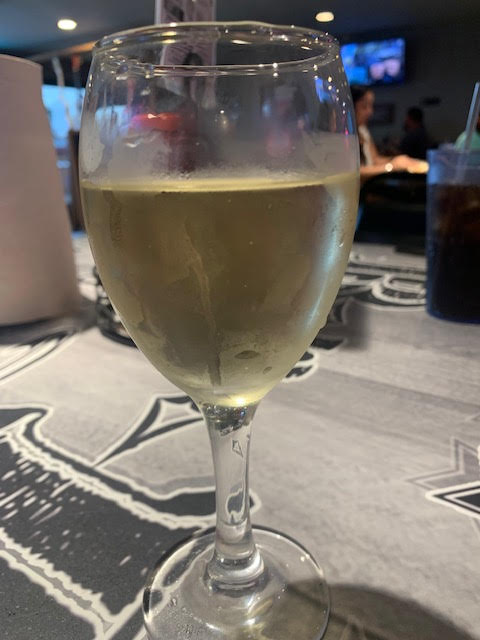““Then the kingdom of heaven shall be likened to ten virgins who took their lamps and went out to meet the bridegroom. Now five of them were wise, and five were foolish. Those who were foolish took their lamps and took no oil with them, but the wise took oil in their vessels with their lamps. But while the bridegroom was delayed, they all slumbered and slept.”
Matthew 25:1-5 NKJV

This is one of my favorite parables in the Bible, and one o reference almost weekly during Shabbat and recite in my mind during communion.
During Biblical times, it was customary for the father of the groom to initiate discussions with the father of the bride. Once a bridal price was agreed upon, the father of the groom, seeing the value that the bride would bring to his family for years to come, joyfully and willingly paid the dowry.
The agreement was then sealed at a banquet of wine where the son would offer up a cup of wine to the bride. The cup represented all that he was and had and all that he would be and have in the future. When she received the cup and drank of it, she was accepting and entering into covenant with him. Having both drank of the cup, the agreement was sealed, the simple gesture just one of many symbolic elements – the covering of a tallit representing her desire to come under his covering (Psalms 91) and a ritual bath to represent purity of flesh and spirit. There was great celebration – much like there is at a wedding and reception today.
And when the banquet was over and the last dance ended, though they were bound in covenant marriage in the eyes of the law, the groom LEFT to prepare a place for her. Can you imagine?!
Preparations included building a place for her – a room typically- attached to his fathers house. Scholars say the time of preparation was often close to a year, maybe longer, and only the father of the groom would say when everything was ready and the son could go for his bride.
When the groom set out, he was accompanied by a crowd of people. Some ran ahead shouting and dancing to the sounds of instruments in their hands, announcing loudly for all to hear: “THE BRIDEGROOM IS COMING!!! THE BRIDEGROOM IS COMING!” The procession grew until finally it reached the home of his bride where they could finally be together and consummate their marriage.
During the season of waiting, the bride’s duty was to be and remain ready, constantly watching and listening for the grooms return. Pastor Olen explained in a sermon what it meant that the wise virgins kept their vessels ready. He explained that ready vessels would have kept the wicks of their lamps trimmed, the glass clean, and the oil full in their flask – never allowing it to run dry. Trimmed wicks symbolized the pruning that Yeshua references in John 15 -they have a heart free of offense and lives that bear good fruit, His fruit. Clean glass symbolized being saved and forgiven, washed clean by the blood of Yeshua. And the oil represents intimacy with Him- being filled with His presence, a continual indwelling of the Holy Spirit.
Everyday I have a choice to tend the lamp of my spirit or leave it – untended, glass dirty, oil dry, wick hardened. Every time I have Shabbat or do communion, I’m reminded of the cup He offered me on August 16, 1998. I drank from the cup that day, and He’s never changed His mind about me. He IS preparing a place and He WILL come for me. May I – may WE – not grow weary in our season of preparation.
Here’s a sermon link where I spoke on this in 2020 at a women’s event. (And no – I’m not sick – that’s just how my voice sounds at times post injury). My dream one day is to do more of this – to speak and encourage women. In the meantime, I’ll keep preparing my heart for what’s to come. I hope you enjoy.
Father – thank You for Your word and how You love me. You are good and You keep doing good. Your leadership in my life is perfect and You can trusted. Amen.
Daily Reading: Matthew 25
November 8, 2022